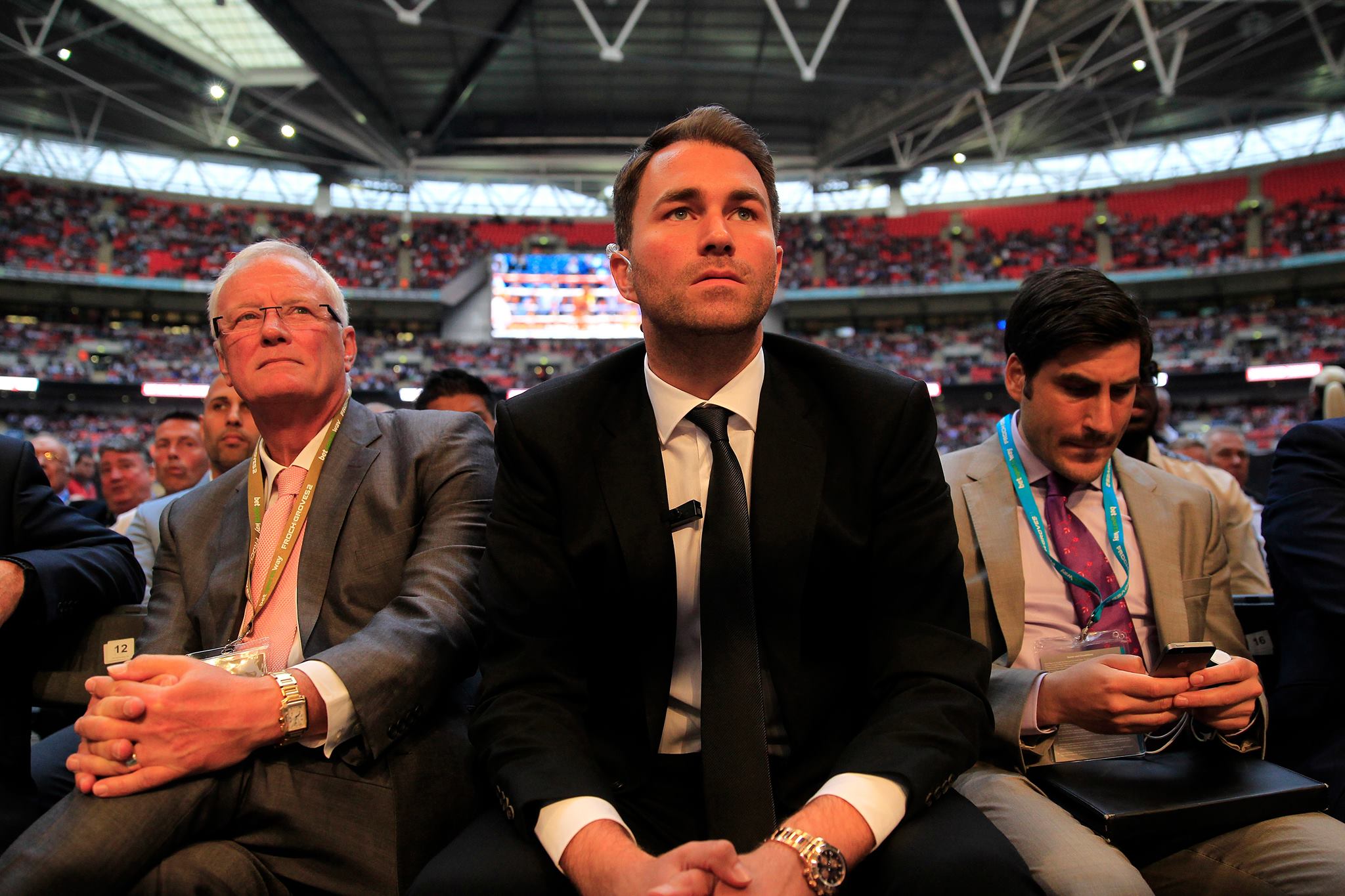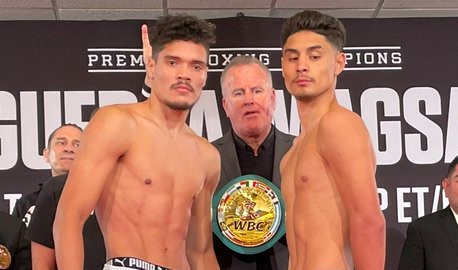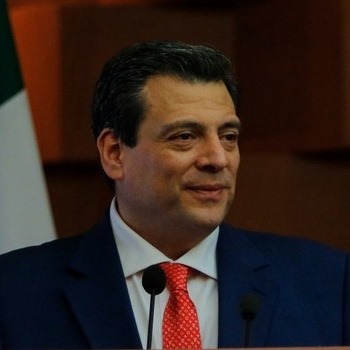By Scott Wilkerson
Boxing, more than any other sport, is a story with a moral. And the boxer, more than any other athlete, is a creature of imagination. It is, thus, that the boxer – with the moral imagintion as his hertiage and responsibility – permits us to glimpse ourselves through the mirror of another. Lennox Lewis’s extraordinary open letter of retirement is an example of this profound relationship. And Mike Tyson is both its secret subject and Lewis’s secret reflection.
Cynics, sissies and their supercilious friends will, of course, deny that boxing could ever be more than a spectacle of market forces mapped across opportunistic brutality. And, to be sure, there are threads of corruption running through the boxing tepestry. But the moral rhetoric of Lewis’s valedictory address demonstrates that most popular conceptions of boxing and of boxers are vulgar, uninformed caricaratures, not least the absurd view that Mike Tyson is, somehow, the anti-hero of a tragically flawed sport.
Lewis writes: “A special thank you to each of the men I’ve fought. That includes boxers like Ray Mercer, Evander Holyfield, and Mike Tyson, who brought our the best in me in the defining fights of my career. And thank you also to all the other men who enetered the ring to exchange blows with me. They are part of my story and their names will down in history in the record book next to mine.”
This is a remarkable passage because it conceives boxing as a narrative and because it generously imputes to Lewis’s opponents – particluarly Mike Tyson – the same moral authority and approbation that he himself commands. We may reserve, for another time, the discussion of Lewis’s invocation of an ethical program for boxing. Lewis, here, is framing a much larger issue. He images, through his projections of others, an ideal Self composed of pieces gathered from the external world of competition and the internal world of contemplation. The Selves of Tyson and Lewis are, therefore, part of the same moral structure. To privilege one term over another in this equation shows not only bad thinking, but bad manners. No other sport can sustain this level of conceptual complexity.
Mike Tyson is not an immoral monster, nor is he an object lesson. That Tyson has been villified as the Pugilistic Prince of Darkness is not merely a failure of journalism’s laughable pretension to Truth, it is, fundamentally, a failure of the imagination. Tyson, surely, is no more evidence of boxing’s ruination than Lewis is a portent of boxing’s salvation. Rather, each is a reply to that question posed by the other: the question as to what, in human terms, is possible for sport as a model for the Self?
In his Poetics, Aristotle makes clear the distinctions among character, qualities, actions, and the Self’s subsequent prospects for happiness. But happiness and sadness are not, in themselves, equivalent to right and wrong. Hence, we can claim, without betraying Aristotle’s requirements for good living, an old-fashioned pragmatic understanding of boxing’s moral mechanism, the nuts and bolts of which are plainly evident in Lenox Lewis’s embrace of Mike Tyson, through whom he found both the possibility for, and proof of, the moral man.


















